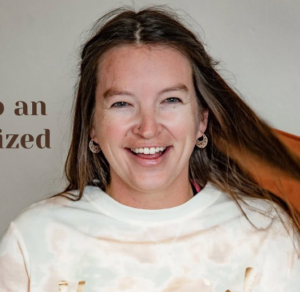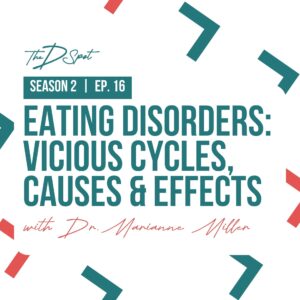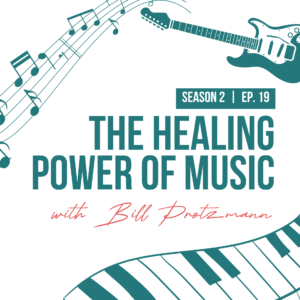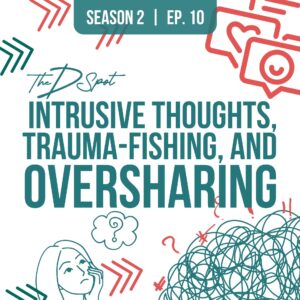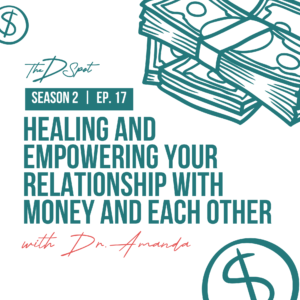WEDNESDAY, May 3rd, 2023 | 9:00AM
Show Notes
Join us for a conversation with Theresa Russell, the expert Intentional Organizer. In this episode, we’ll learn what it means to be an Intentional Organizer and how it can help couples navigate different organization preferences. We also discuss how living space affects our mental health and how to approach the topic with your partner. We dive into the importance of language and semantics when discussing household responsibilities, and explore the emotions of guilt and shame that may arise when it comes to keeping a tidy home. Watch now to gain insight and tips on how to maintain a harmonious and organized household! Don’t forget to hit the like button, share with your friends, and subscribe for more insightful conversations.
↓Share this page↓
↓ LIsten ↓
key moments
00:10 Meet Theresa Russell
00:35 What is an Intentional Organizer?
01:30 Conflict, Couples, and Different Organization Preferences
03:23 How do I Tell My Partner that My Living Space Affects My Mental Health
04:30 We Start Talking About How I Feel Verses You
06:13 The Compromise
07:15 Semantics and Expectations
09:10 Maybe I Am Being A Little Over the Top
10:06 It’e Not Just Dishes
11:11 Guilt and Shame: That’s Not How It Was When I Was Younger
13:19 Giving Yourself or Your Partner Permission
15:22 A Conversation About Marie Kondo
17:09 Attaching Memories and Feelings to Items
18:40 Minimalist VS. Maximalist
19:45 How Do I Know If I am A Hoarder?
21:34 Is the Concept of Having Too Much Stuff a Western Culture Thing?
22:27 Do You Need to Help Organizing Your Space?
24:10 Where Can You Find Theresa Russell?
Thanks for listening to The D Spot. We would like to remind you that the content of this podcast is not a substitute for professional therapy. While we strive to provide valuable insights and information, this podcast does not constitute or replace therapy sessions with a qualified mental health professional. If you are in need of mental health support, please seek the advice of a licensed therapist or healthcare provider.

